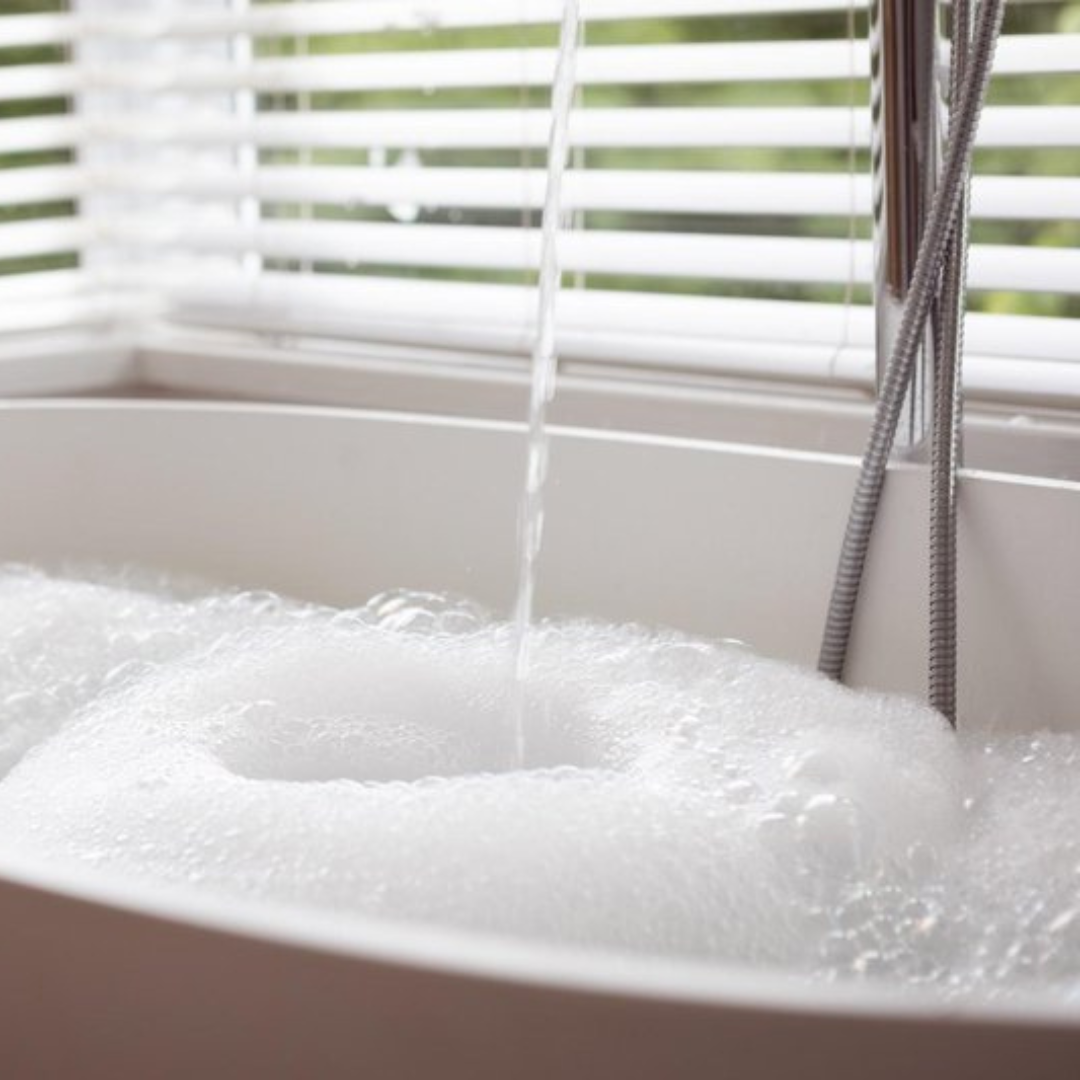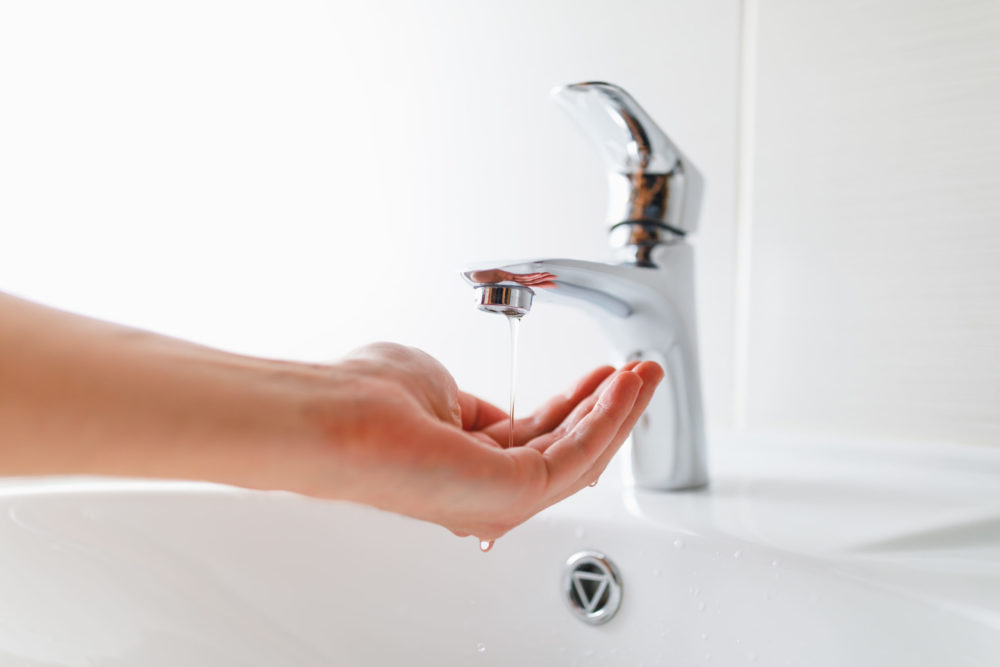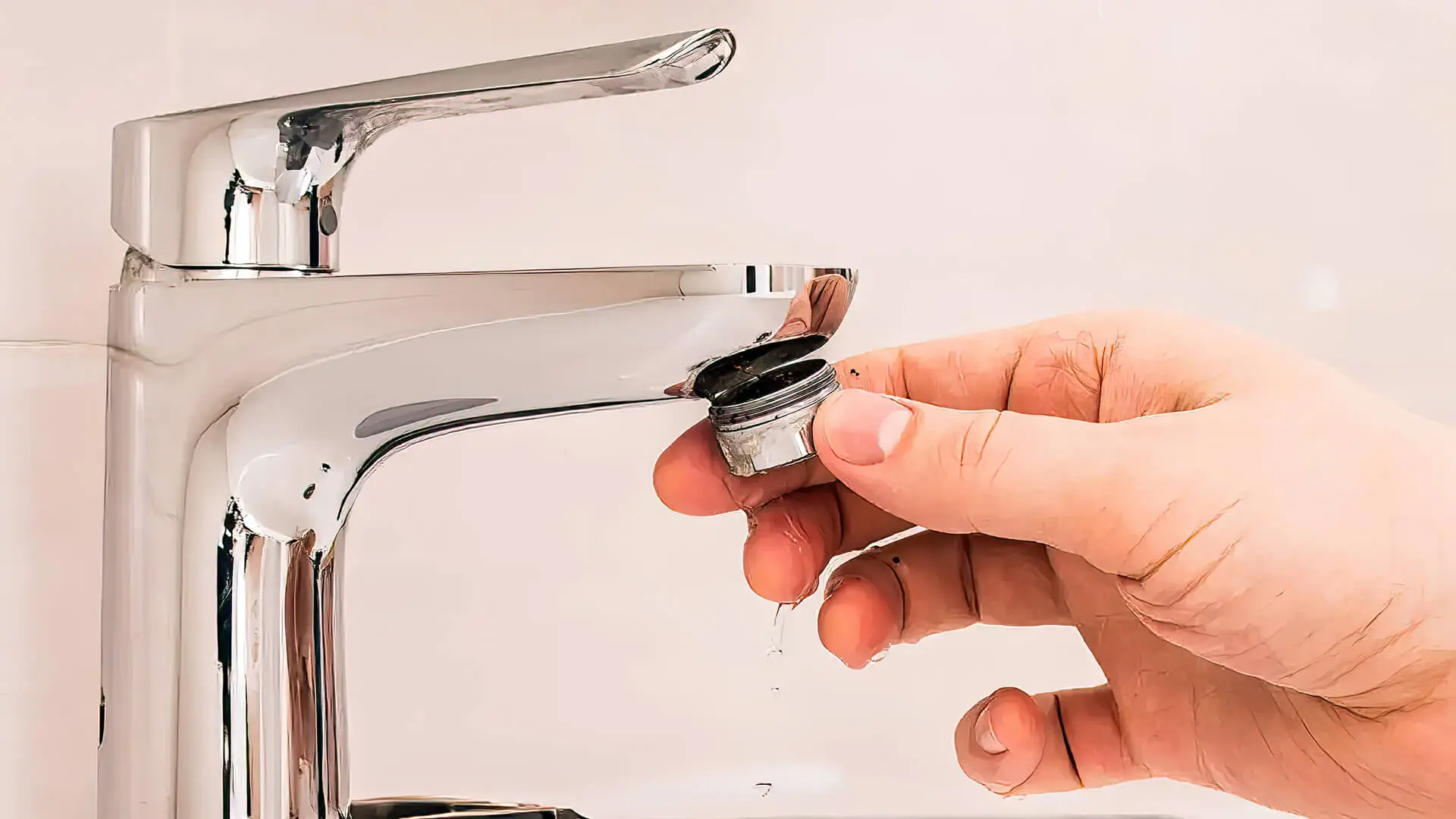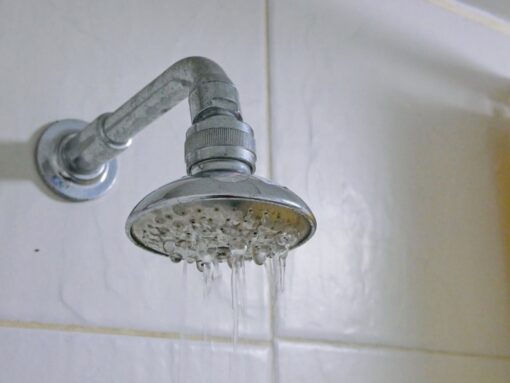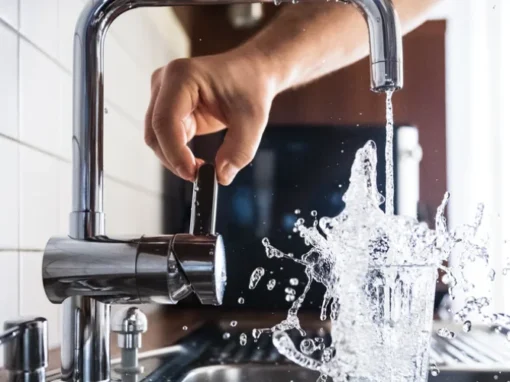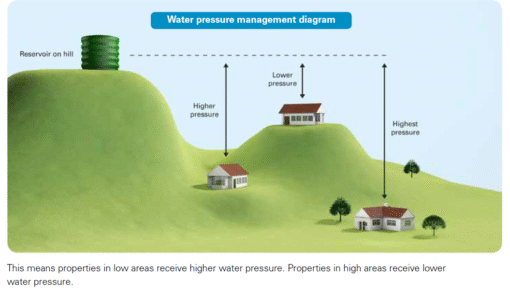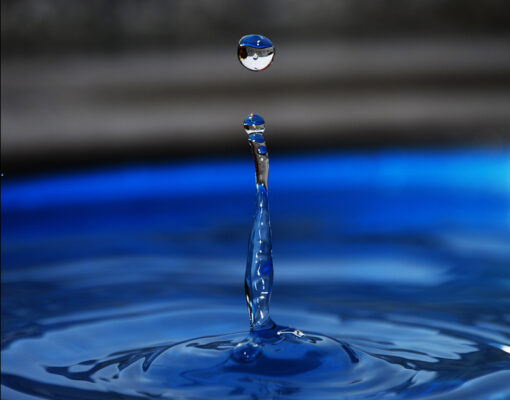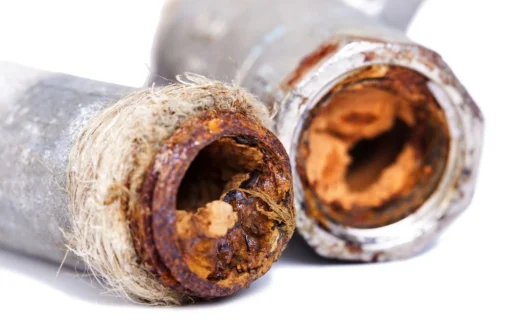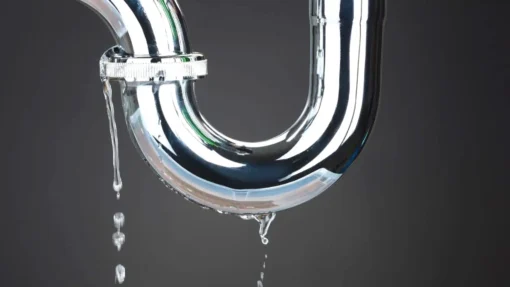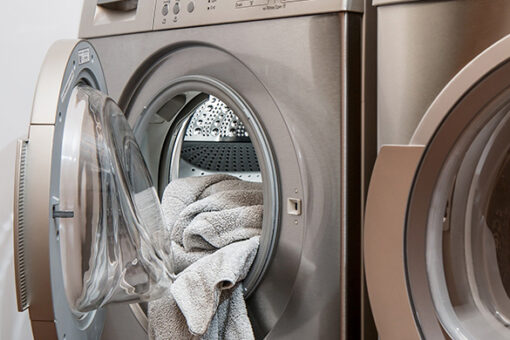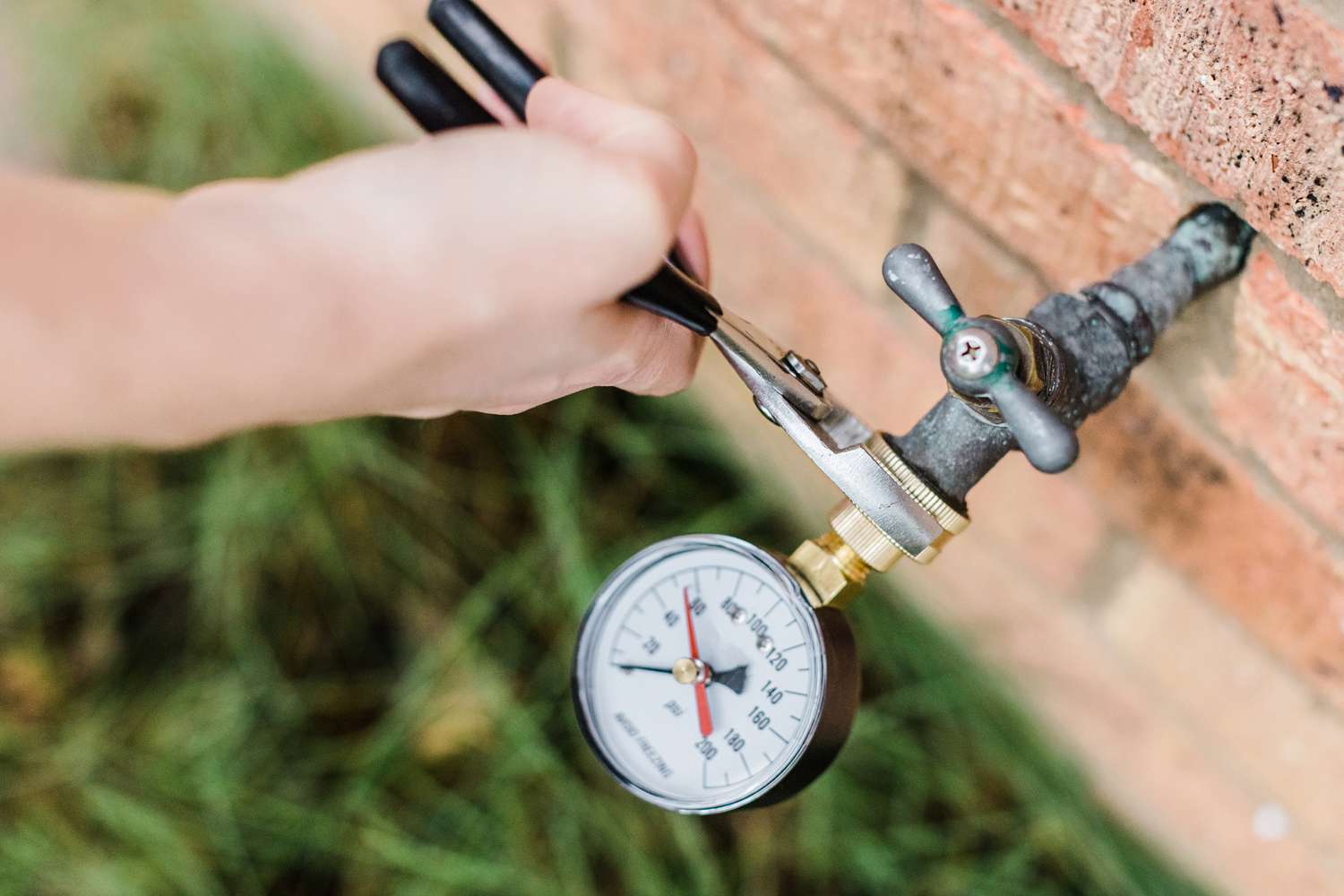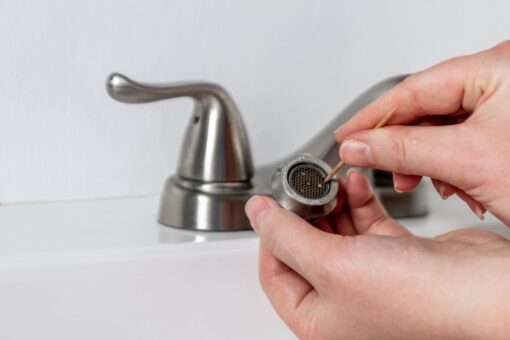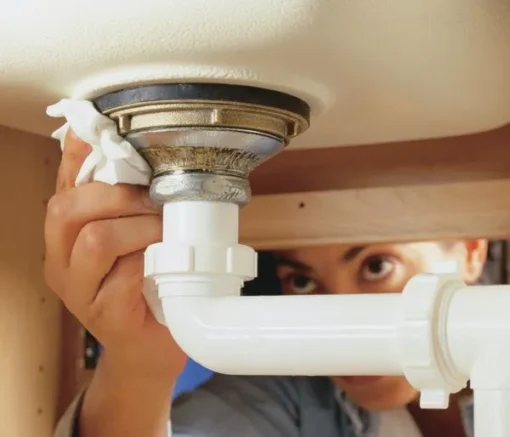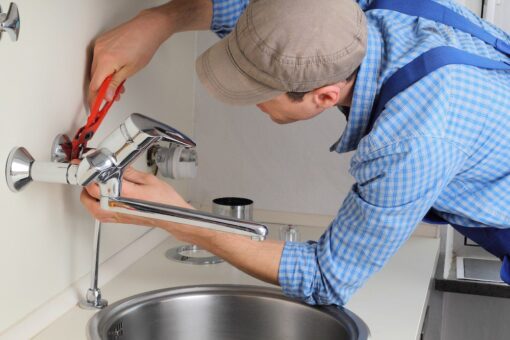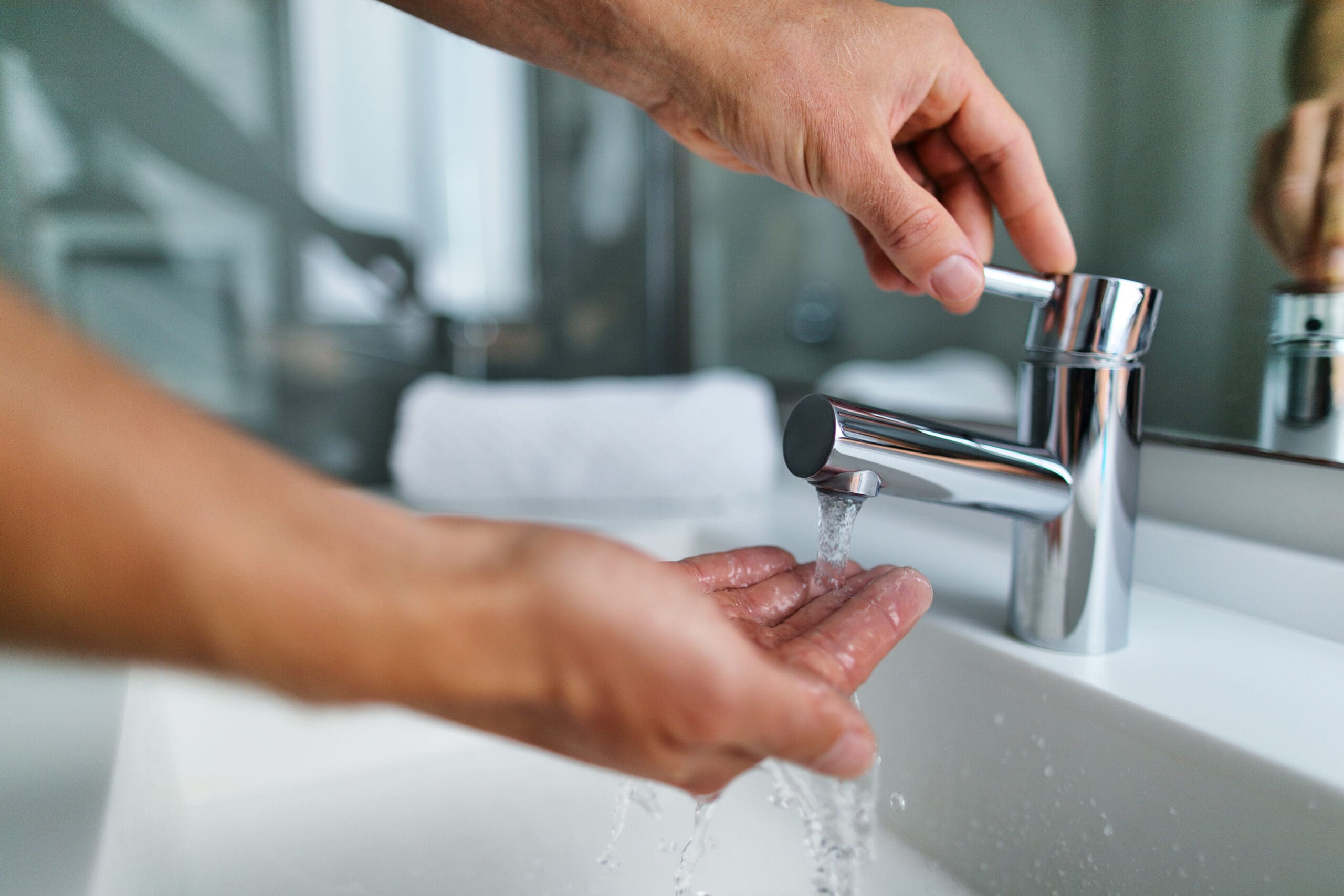Ever turned on a tap and wondered why the water dribbles out slowly or blasts out with unexpected force? The answer lies in water pressure — a crucial factor that affects everything from your morning shower to how efficiently your kitchen tap fills the kettle. Understanding water pressure helps you get the best performance from your taps and ensures your plumbing system runs smoothly.
Table of Content:
What is Water Pressure?
Why Water Pressure Matters for Your Taps
Common Signs of Pressure Problems
Causes of Low or High Water Pressure
How to Check Your Water Pressure
Tips for Maintaining Optimal Tap Performance
Tap Performance and Water-Saving Features
Browse our range of Bathroom Taps
Browse our range of Kitchen Taps
What is Water Pressure?
Water pressure is the force that pushes water through your pipes and out of your taps. It’s measured in bars, with one bar roughly equal to the pressure needed to raise water 10 metres. If your pressure is too low, your taps may trickle. If it’s too high, you could end up wasting water or even damaging fixtures.
Why Water Pressure Matters for Your Taps
Your taps are designed to work best within a certain pressure range. Too little pressure and you’ll find washing dishes, rinsing vegetables or even brushing your teeth frustrating. Too much pressure can create splashing, noise and unnecessary strain on seals and valves.
Common Signs of Pressure Problems
Here’s what to look out for:
Low pressure
Slow flow, weak showers, inconsistent temperature.
High pressure
Noisy pipes, banging sounds (also known as water hammer), leaks from taps or fittings.
Spotting these issues early can save you time and money on repairs.
Causes of Low or High Water Pressure
Several factors affect your home’s water pressure:
Mains supply
The water company’s supply pressure can vary depending on your location and time of day
Pipework
Narrow or corroded pipes can restrict flow
Leaks
Even small leaks reduce pressure throughout your system
Appliance demand
Running multiple taps or appliances at once lowers available pressure
How to Check Your Water Pressure
You can test your home’s water pressure using a simple pressure gauge. Attach it to an outdoor tap or washing machine outlet to get a reading. The ideal pressure for most homes is between 1 and 3 bars. If it’s too high or too low, it might be time to consult a plumber or install a pressure regulator.
Tips for Maintaining Optimal Tap Performance
Install pressure regulators
These help control overly high pressure
Clean aerators
Mineral build-up can restrict flow from the tap head
Check for leaks
Regularly inspect taps and pipes for dripping or damp spots
Upgrade your tap
Modern taps are often more pressure-sensitive and efficient
Tap Performance and Water-Saving Features
Many modern taps come with built-in flow restrictors or aerators designed to conserve water without sacrificing pressure. These features work best when your home’s water pressure is well-balanced.
Water pressure might seem like a technical detail, but it makes a big difference to how your taps perform. Whether you’re washing up, filling a bath or watering the garden, getting the pressure just right ensures everything runs smoothly.
Want taps that deliver top performance every time? Explore our range of quality taps at Tiletoria and find the perfect tap to suit your pressure needs.
Browse our range of Bathroom Taps
-
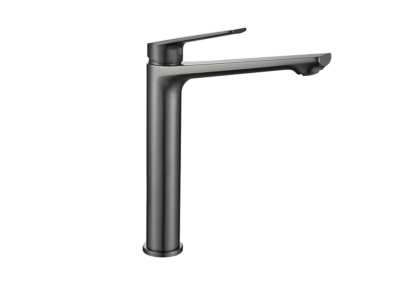
vita tall basin mixer graphite
-
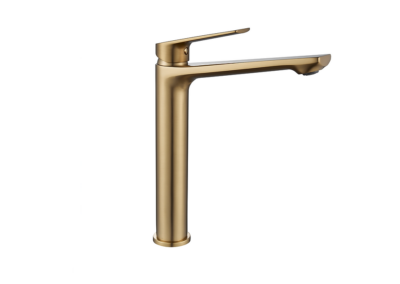
vita tall basin mixer brass
-
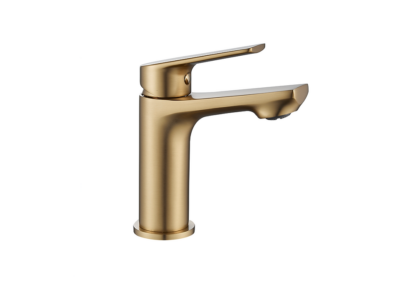
vita basin mixer satin brass
-
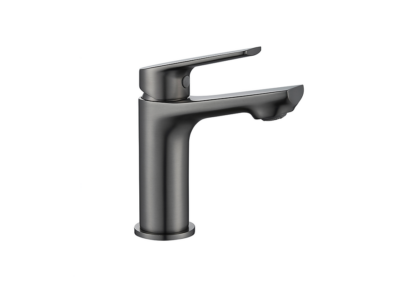
vita basin mixer graphite
-
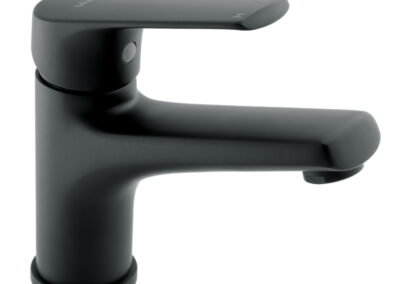
-
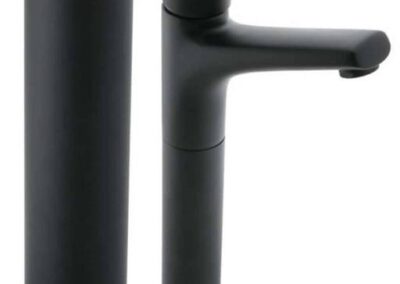
triumph magnatite – extension pipe
-
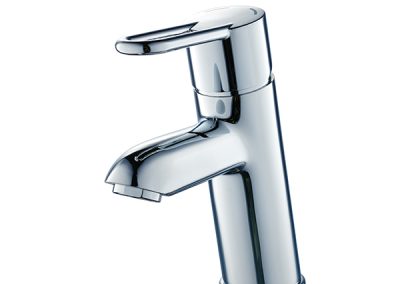
tresar meissen – basin mixer
-
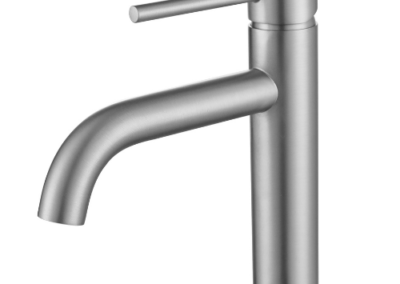
stylet satin nickel basin mixer – short body
-
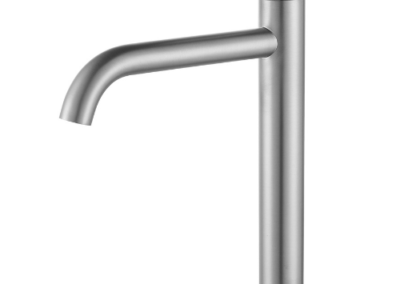
-
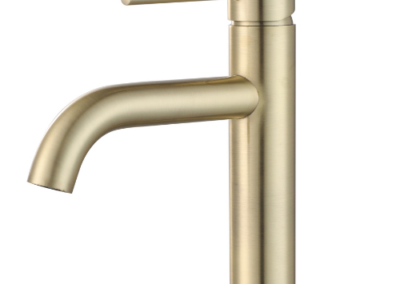
stylet gold basin mixer – short body
-
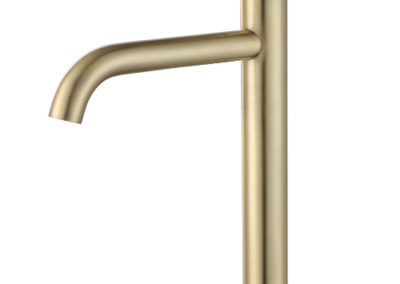
stylet gold basin mixer – long body
-
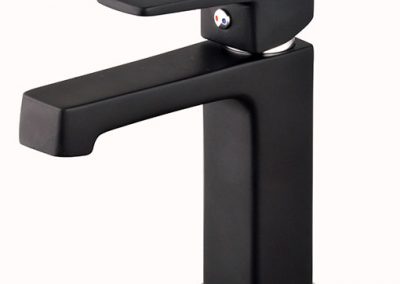
h2flo studio basin mixer – matt black
-
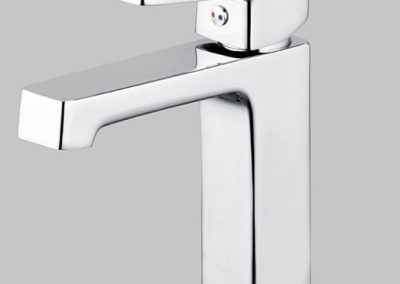
h2flo studio basin mixer – chrome
-
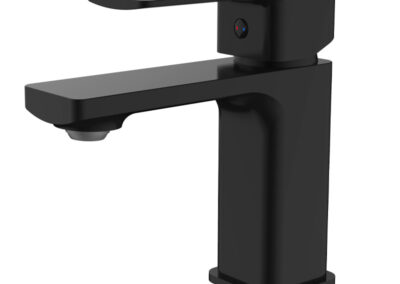
meissen sterlyn black basin mixer
-
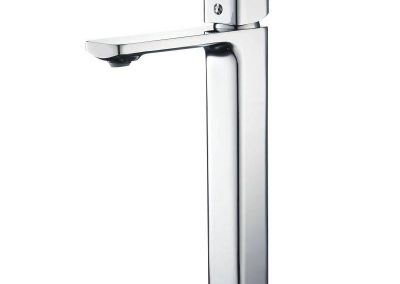
-
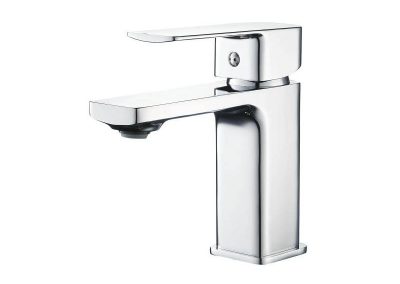
meissen sterlyn – basin mixer silver
-
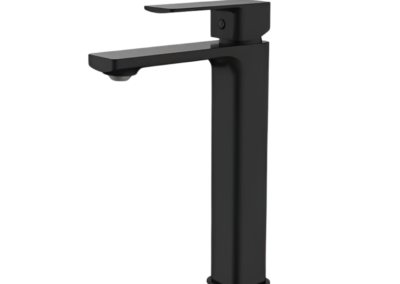
meissen sterlyn black tall basin mixer
-
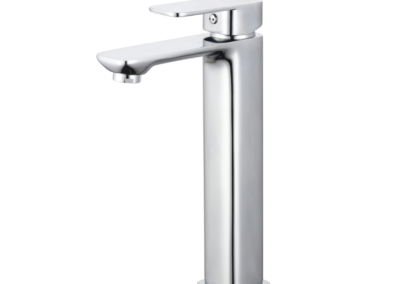
h2flo titan – tall square basin mixer silver
-
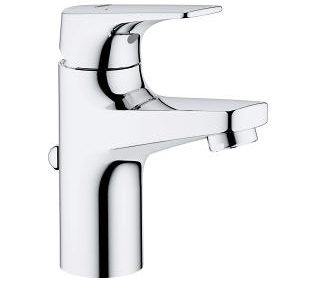
grohe bauflow – basin mixer with pop-up waste silver
-
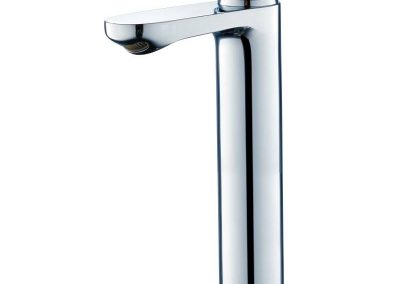
meissen evony – tall basin mixer silver
-
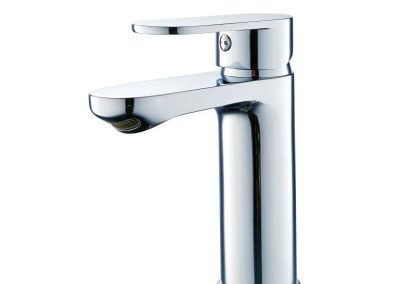
-
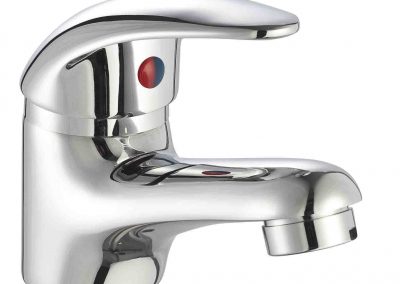
h2flo entrada basin mixer silver
-
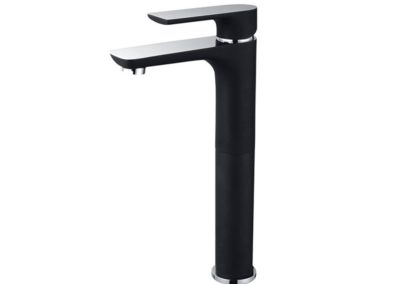
-
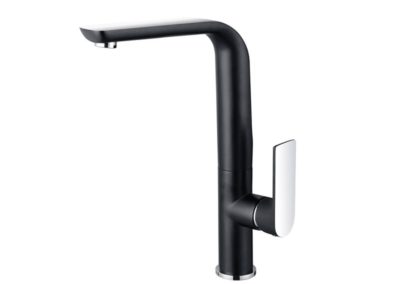
bijiou geneva – deck type sink mixer
-
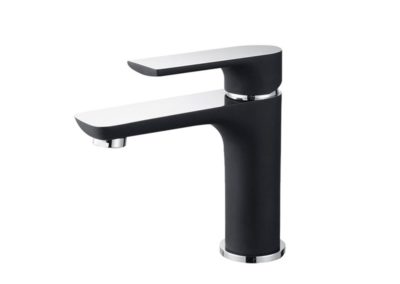
-
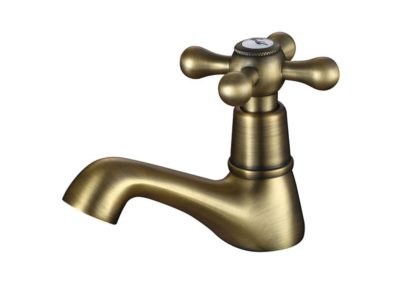
adour basin pillar tap bronze 15mm
-
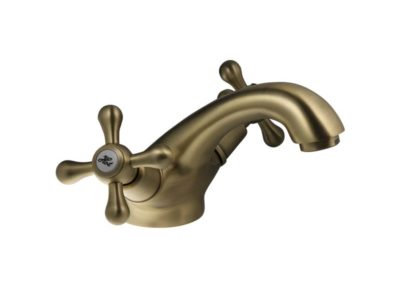
adour basin mixer bronze
Browse all Bathroom Taps
Browse our range of Kitchen Taps
-
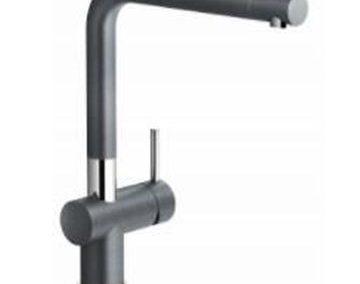
active plus sink mixer – onyx black
-
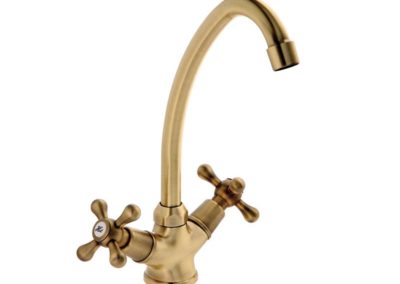
adour sink mixer deck type bronze
-
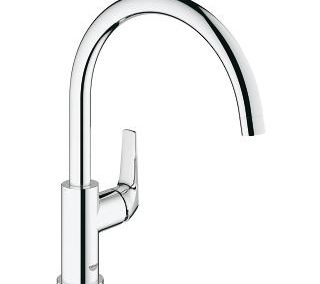
grohe bau edge sink mixer silver chrome
-
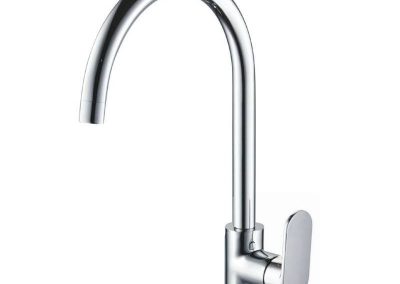
meissen evony – sink mixer silver chrome
-
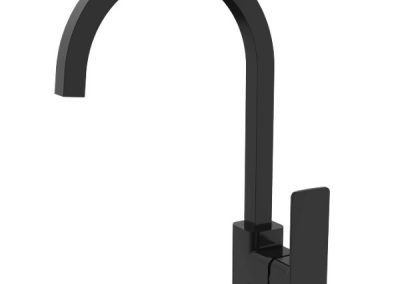
meissen sterlyn – sink mixer deck type black matt
-
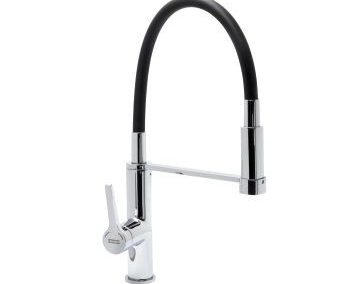
mirus – professional sink mixer silver
Browse all Kitchen Taps


